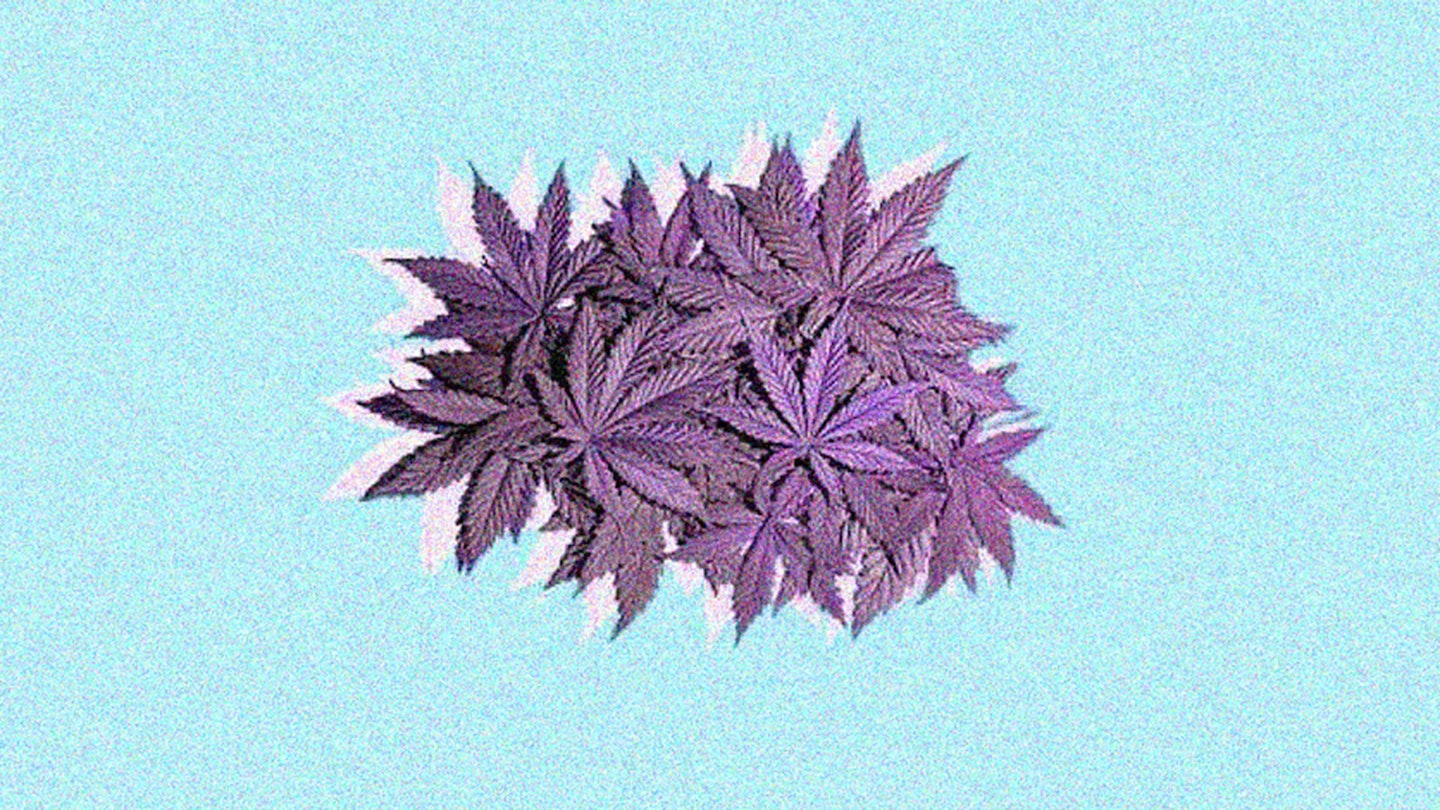So, it turns out that the UK produces more cannabis than anywhere else in the world. And legal is the word to consider here. Even though it’s not legal for UK residents to possess marijuana in any form, as it is a class B drug and could land you 5 years in prison, the Home Office started granting licenses in 1993 for the industrial production of cannabis products. The government even provides free business advice and support to those aiming to grow cannabis for its fibre, being able to issue licenses for importing the cannabis fibre from abroad. The UK accounts for 67.7% of cannabis exporters from all over the world, with The Netherlands coming in second place at 16.4%.
So, what does the UK consumer need to know about cannabis? We’ll try and give you the run down here.
If producing cannabis can be legal, can smoking it be legal too?
Unfortunately, no. The production of cannabis revolves around its fibre – hemp – and its oils – hemp seed oil and CBD oil. Hemp can be used in the production of clothing, building materials, paper, biofuel and plastic composites. Hemp seed oil is usually used in skincare, in lotions, face serums and, simply, as an oil. CBD oil is usually used for medicinal purposes, with most of the UK’s production of cannabis being used for the production of a drug called Sativex, which uses CBD oil as a medicine for people struggling with the effects of chemotherapy or Multiple Sclerosis.
What is CBD oil?
CBD, or cannabidiol, is a chemical component of marijuana that has been proven to have loads of medical benefits.
Can you use CBD oil or hemp oil to get high?
No. Neither hemp oil or CBD oil contain enough THC for you to get high. THC, or Tetrahydrocannabinol, is the main psychoactive component of marijuana that allows you to get high. CBD oil doesn’t contain THC and hemp seed oil is only allowed to have 0.2% of THC in order to be legal to possess and commercialize. With the popularization of vaporizers, many are now using hemp oil or CBD oil in an attempt to feels the same effects of products containing THC, and while both hemp oil and CBD oil have several medical benefits, the lack of THC makes them both ‘over the counter’ substances and, therefore, legal to consume and sell.
**READ MORE: Natural antidepressants **
Discover: Natural Anti Depressants
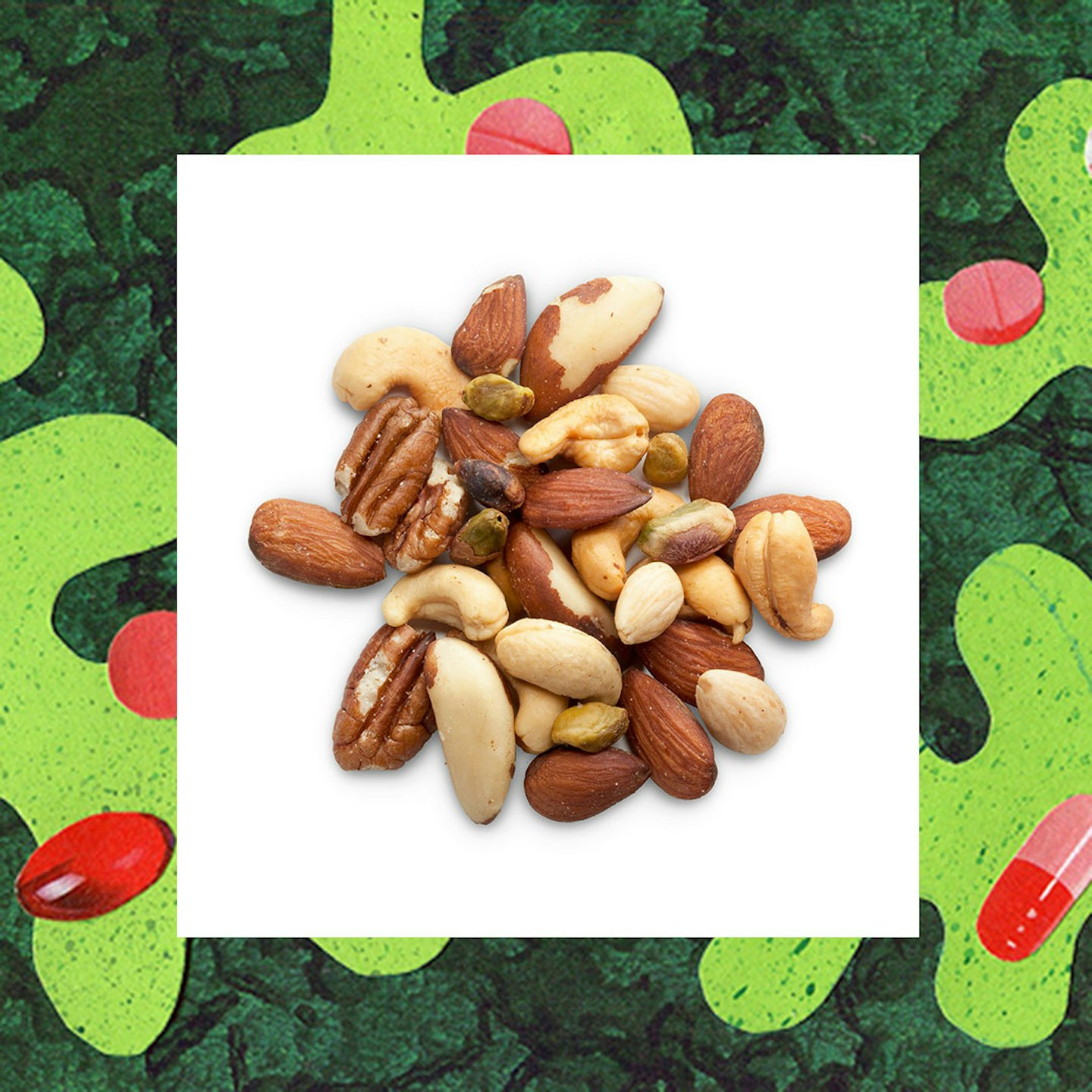 1 of 11
1 of 11Omega 3
Omega-3 fatty acids are essential minerals which reduce inflammation and are vital to brain functions such as mood and memory. Your body doesn't produce them naturally so you can only get them in you via food (like fish, nuts and seeds) or dietary supplements.
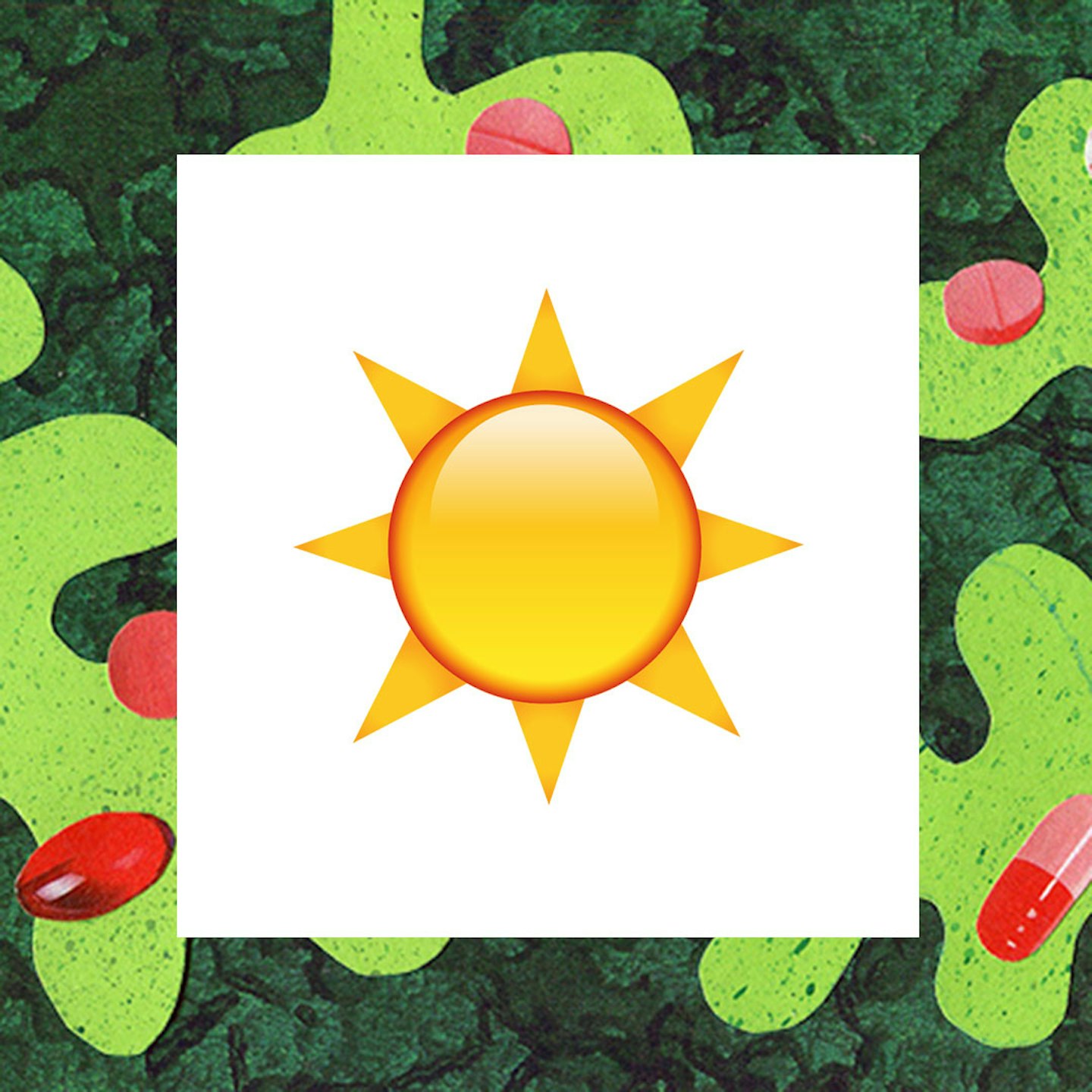 2 of 11
2 of 11Vitamin D
In addition to bone health, Vitamin D can play a vital role in the areas of the brain that are linked to the development of depression and other mental health problems.
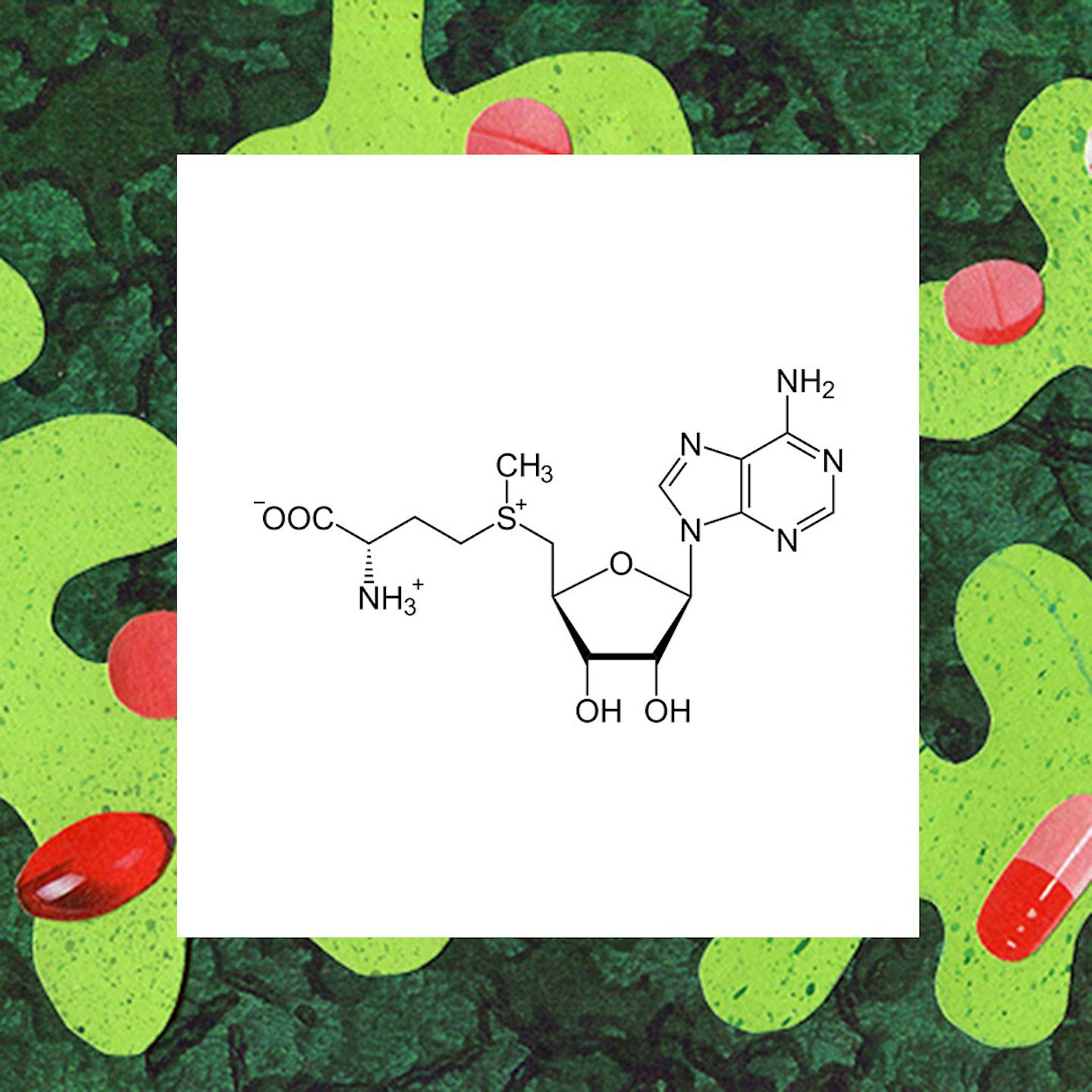 3 of 11
3 of 11S Adenosylemthionine
SAMeis a molecule that the body naturally forms and is available as a dietary supplement. In addition to depression and anxiety, it can be used for many other conditions including heart disease, fibromyalgia, tendonitis and many more. It is also recommended for PMS. It works by making sure that chemicals in the body that play a role in pain, depression, liver disease, and other conditions, actually do their job.
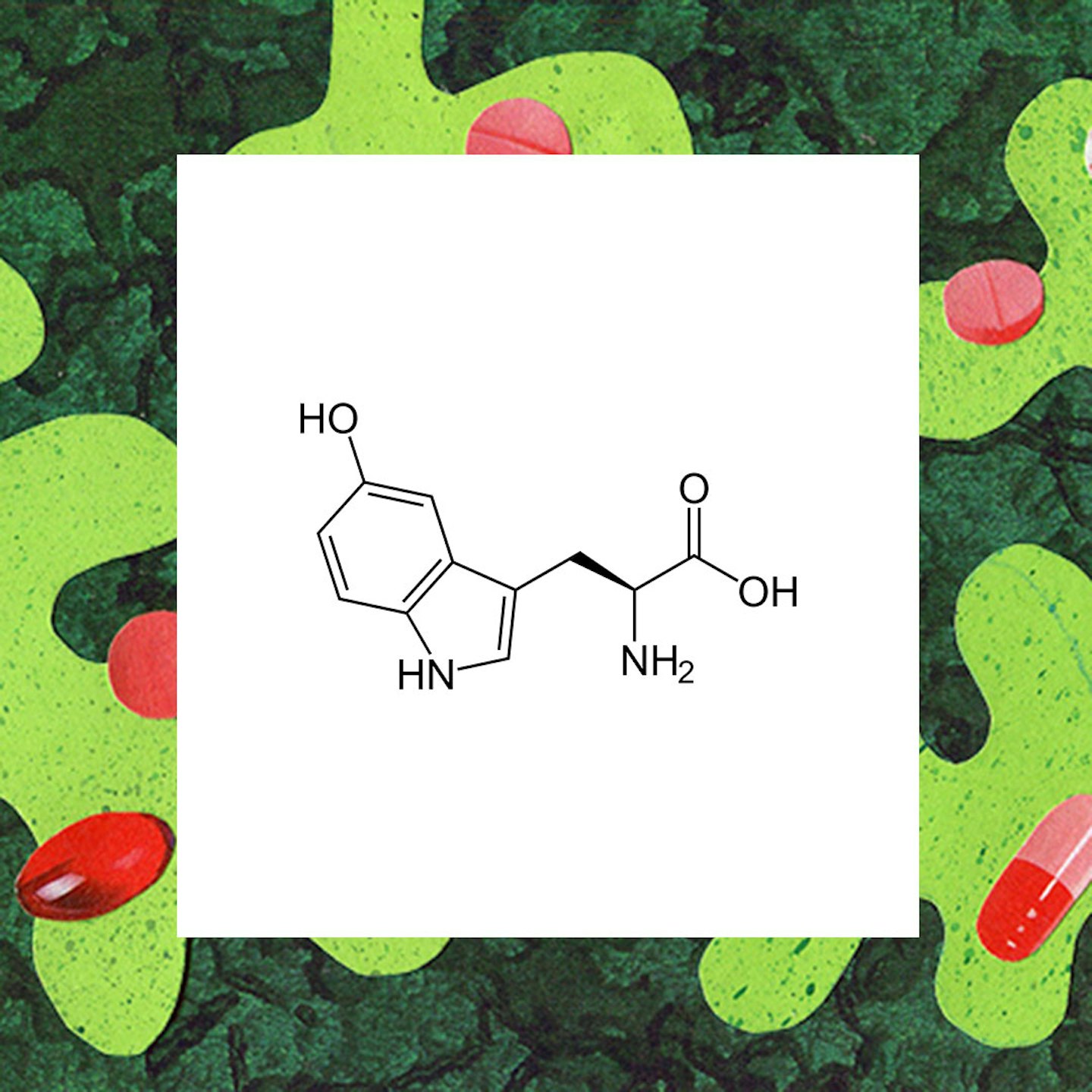 4 of 11
4 of 115-Hydroxytryptophan (5-HTP)
Like SAMe,5-HTP is also a chemical (an essential amino acid) that the body makes naturally. It works by helping to raise the serotonin (the happy hormone) levels in the brain. 5-HTP has been known to have a positive effect on sleep, mood, anxiety, appetite, and pain.
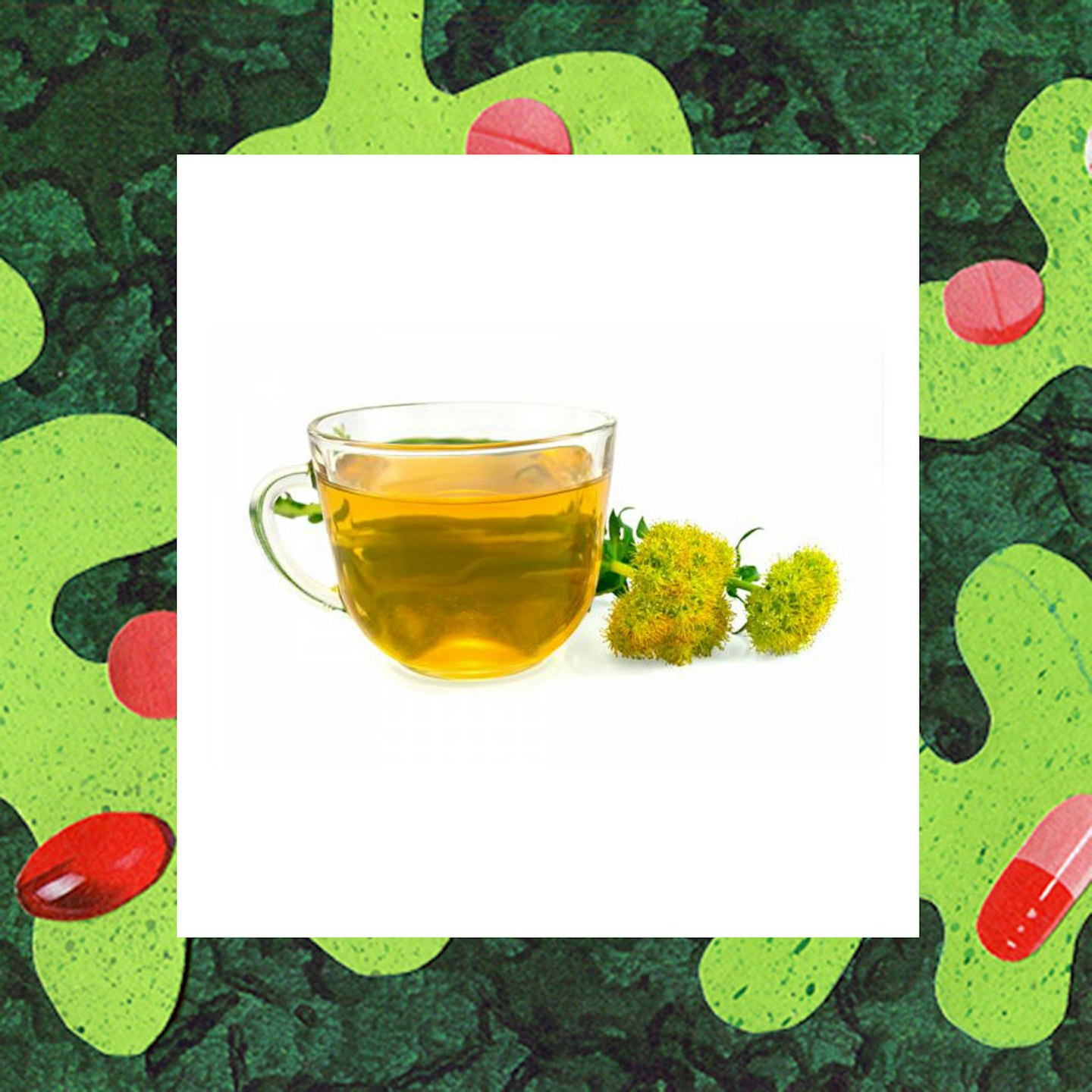 5 of 11
5 of 11Roseroot Herb
A study conducted on whether the Rhodiola Rosea (Roseroot) herb was effective for depression showed that it was almost as effective as the popular antidepressant, Sertraline (Zoloft), but with fewer side effects. The herb boasts strengthening the nervous system, fighting depression, enhancing the immune system and memory, elevating stamina, aiding in weight-loss and increasing sexual function.
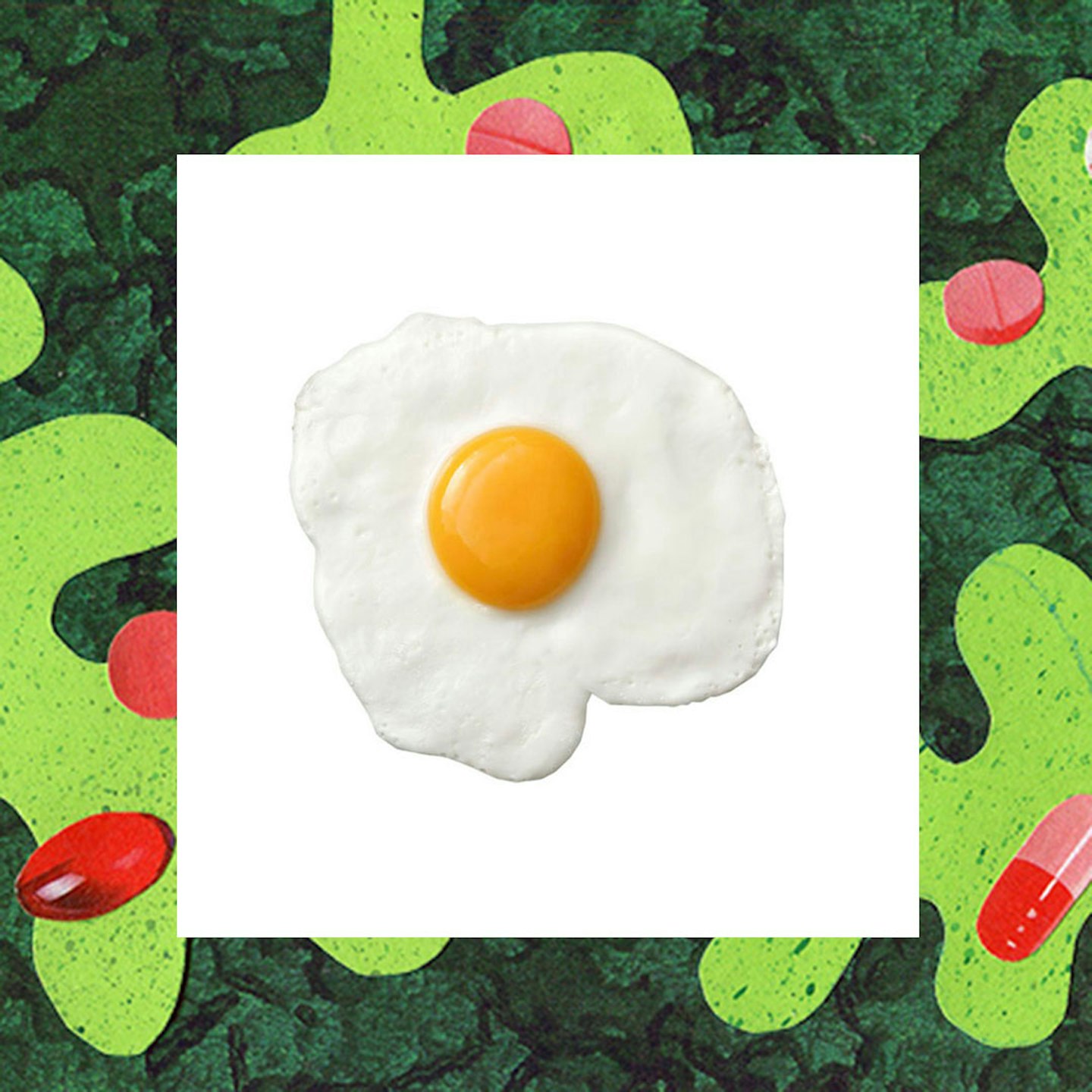 6 of 11
6 of 11Iron
A lot of adults, especially women, suffer from iron deficiency, and guess what? Iron deficiency symptoms are pretty similar to depression symptoms, i.e. fatigue, irritability, and foggy brain. The recommended daily iron allowance in adults is roughly 8 to 18 mg daily (check with your doctor though because everyone's number is different).
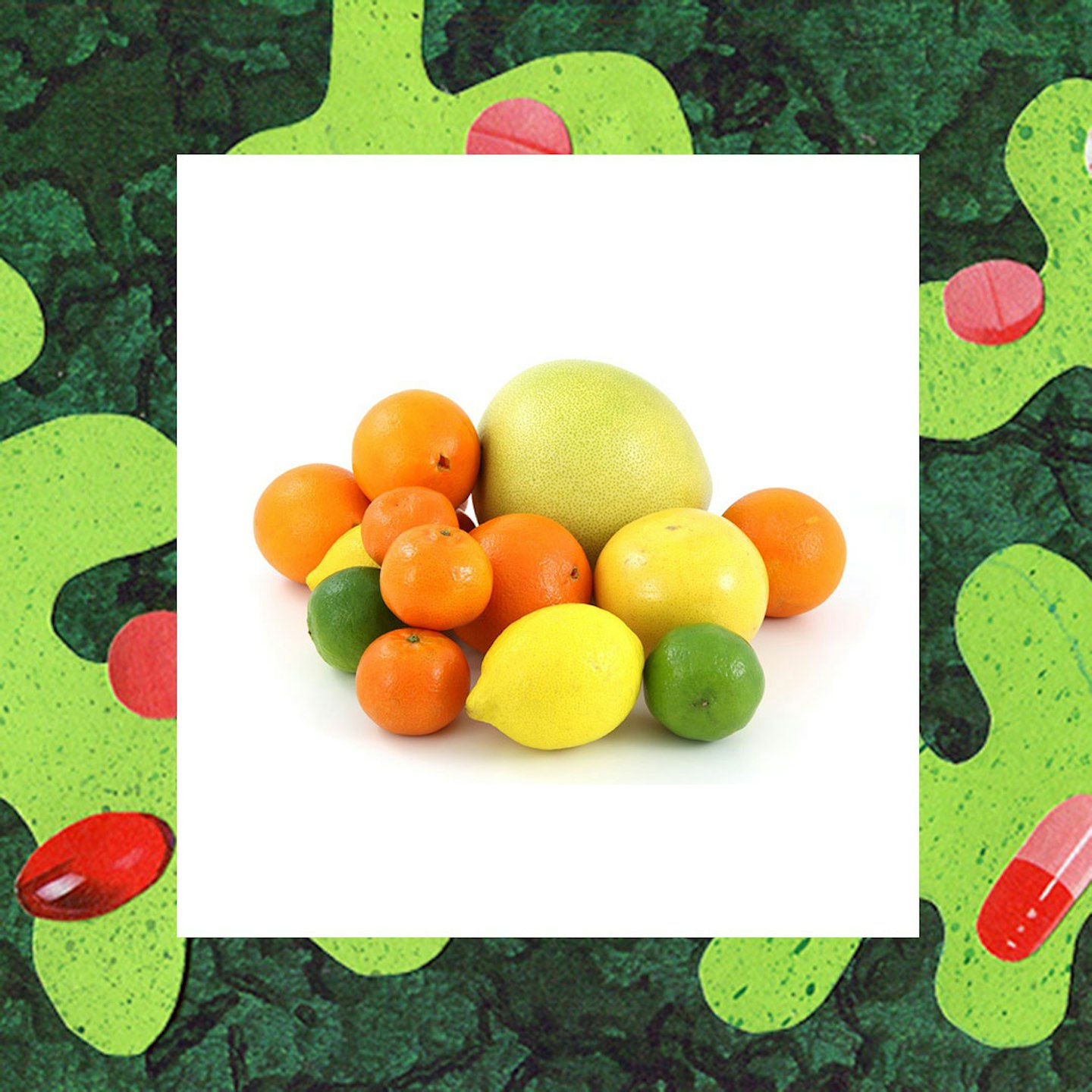 7 of 11
7 of 11Folate
If you don't have enough folate, antidepressants may not work. Some docs prescribe folate along with antidepressants to treat depression and improve the effectiveness the medication. Most adults need at least 0.4mg daily, which you can though food including dark leafy greens, beans and citrus fruit, or as a supplement.
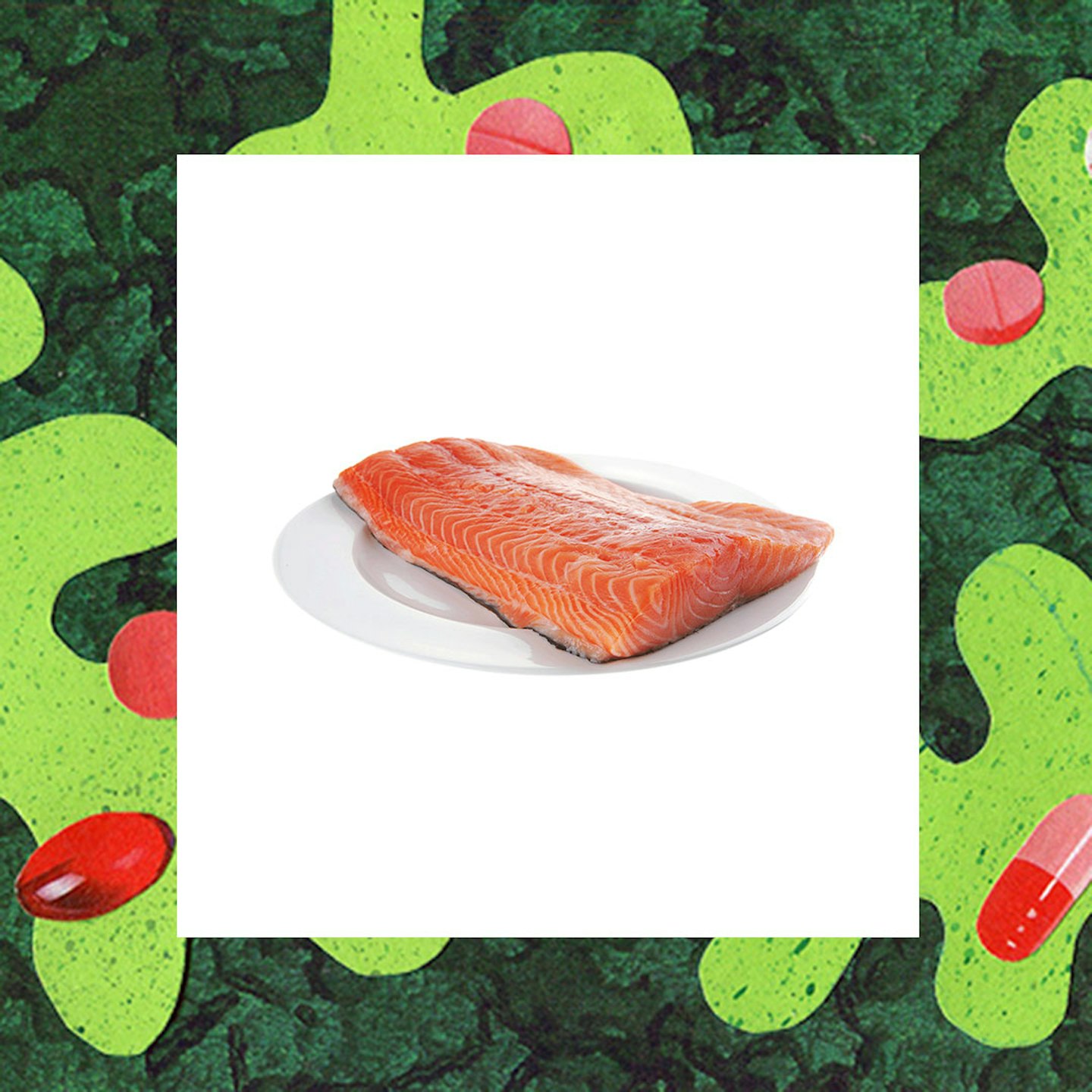 8 of 11
8 of 11B12
Vitamin B-12 and other B vitamins can play a role in producing mood-affecting brain chemicals and low levels of these may be linked to depression. If you have a poor diet and the body can not absorb enough B vits, your mood can be severely affected. Getting a blood test will determine how much of the B goodness you have in your system, and whether you need to stock up. B vitamins are found in animal products like milk, fish, meat and eggs, so if you are a vegan, you should definitely be getting your B's from dietary supplements and vitamins.
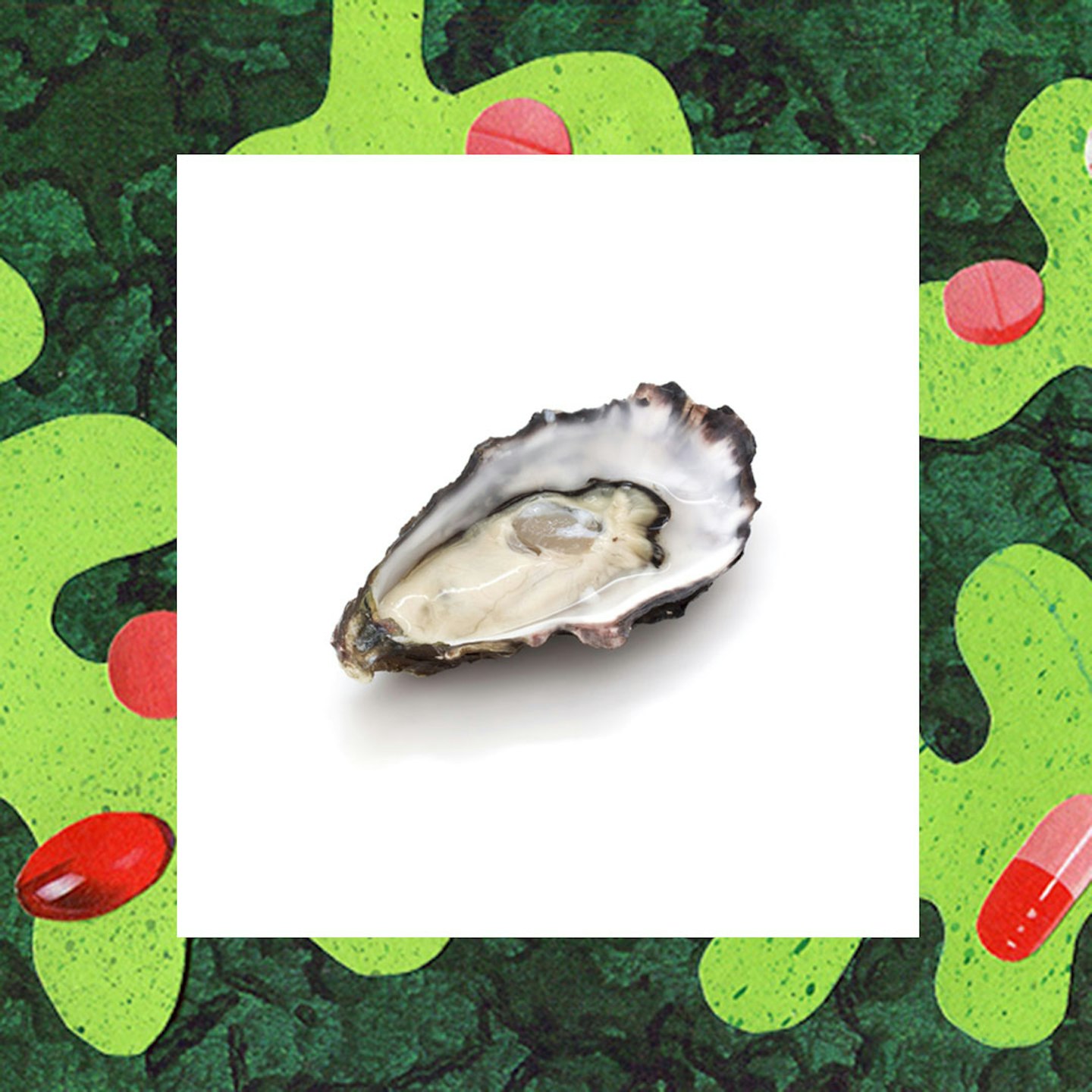 9 of 11
9 of 11Zinc
Zinc is crucial to our system as it activates our digestive enzymes breaking down food, and helps prevent food allergies, which can avert depression. It also helps our DNA to produce and repair proteins, control inflammation and boost our immune system.
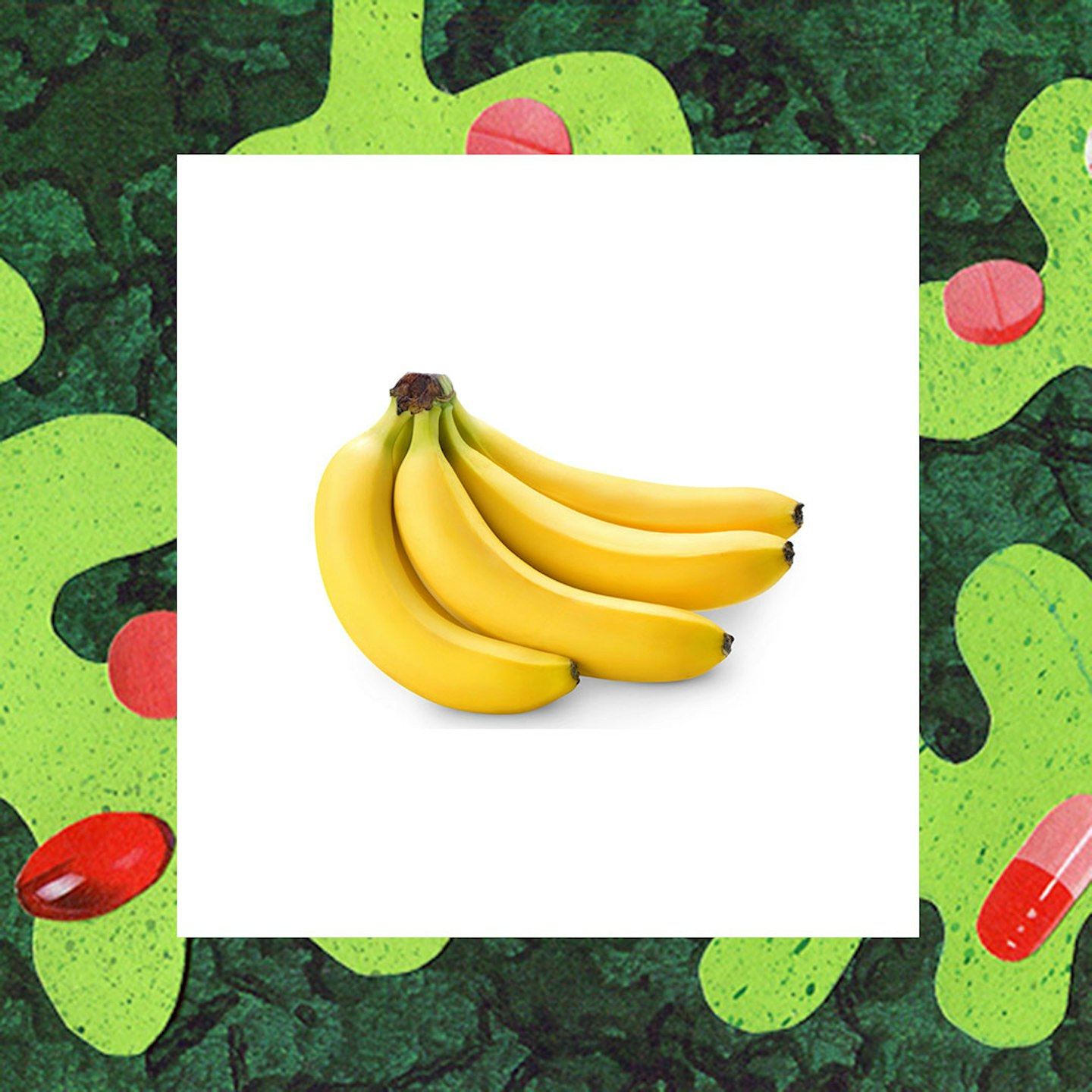 10 of 11
10 of 11Tryptophan
Tryptophan is an essential amino acid which you get through food such as bananas, tamarind, oats, sesame seeds, kiwi and watermelon. Once in the body, it converts to niacin, serotonin and melatonin. Most antidepressants work by increasing the amount of serotonin in the brain and Tryptophan helps to increase serotonin levelswithout the extreme side effects of meds.
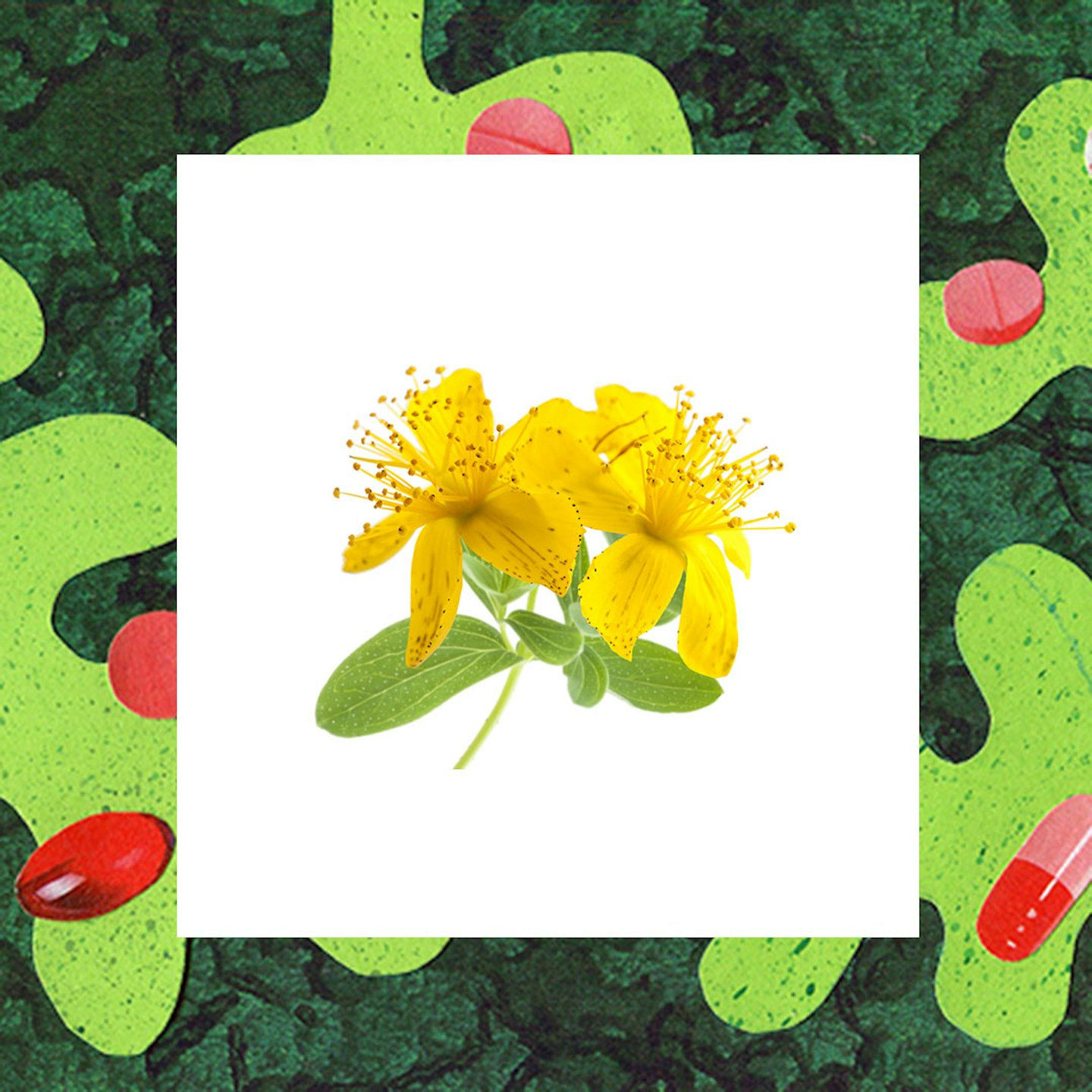 11 of 11
11 of 11St John Wort
St John's Wort has been around for yonks and is one of the most popular natural methods used for dealing with stress, anxiety and depression. It's a plant with yellow flowers. There has been some scientific evidence that St. John's wort may be helpful in treating mild depression. It's been claimed that it works just like regular antidepressants in that it inhibits the reuptake of the neurotransmitters serotonin, norepinephrine, and dopamine.
This article originally appeared on The Debrief.
